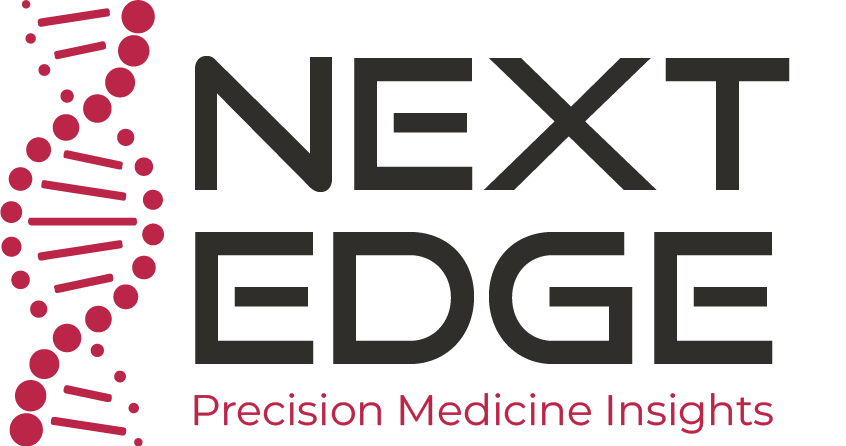October 31, 2021
OncoHost’s Algorithms Predict Cancer Patients Response To Treatments

Original source here.
Why do cancer treatments help some patients but not others? Convinced that genetics alone could not answer this question, Professor Yuval Shaked at the Technion–Israel Institute of Technology demonstrated that although cancer therapies effectively destroy tumor cells, they also induce a range of unintended effects in healthy tissue, many of which paradoxically promote tumor aggressiveness. This is also known as the “Host Response” to cancer therapy.
Shaked’s research led to the founding of OncoHost in 2017, a clinical stage precision oncology company developing the first of its kind Host Response Profiling platform for predicting responsiveness to cancer therapies. It recently won the 2021 Frost and Sullivan Best Practices Technology Innovation Leadership Award in the AI-based precision oncology category.
“Utilizing OncoHost’s proprietary bioinformatics, signal processing, and machine learning-based algorithms, their platform scans 7,000 proteins in the patient’s plasma to identify proteomic patterns that indicate the expected patient outcome, a feat that none of its competitors can perform,” says the Frost & Sullivan citation.
“For immunotherapy, the most important treatment modality we have today, the response rate on average across all cancer types is about 20%,” says Dr. Ofer Sharon, OncoHost CEO. “With all the promise of immunotherapy, if you have ten patients waiting in your waiting room with advanced cancer, only two will be alive in two years,” he adds.
OncoHost has started testing its precision medicine technology with patients diagnosed with advanced stages of melanoma or non-small cell lung cancer (NSCLC) and receiving immunotherapy, in the U.S., U.K., Europe, and Israel. According to Dr. Sharon, after going through a Laboratory Developed Test process, OncoHost’s product will be launched commercially in the U.S. in the 2nd or 3rd quarter of next year, first for lung cancer, and then for melanoma.
The proteomic profile resulting from OncoHost’s analysis is highly predictive of individual patient outcome, enabling personalized treatment planning. It also helps in identifying potential drug targets, advancing the development of novel therapeutic strategies. The data scientists and system biologists at OncoHost train their algorithms “on a cohort of patients with known outcomes and validate the ability of the algorithm to do what we expect it to do,” says Dr. Sharon. In this iterative machine learning process, OncoHost also uses retrospective data from previously collected plasma samples of cancer patients.
“As we saw with Covid-19,” says Dr. Sharon, “the host plays a critical role in the prognosis of the patients.” Understanding better the uniqueness of our bodies, analyzing our unique set of proteins—and other data sets describing our specific biological processes—could lead to more successful applications of existing treatments or to the development of new ones, for cancer and for other diseases.





